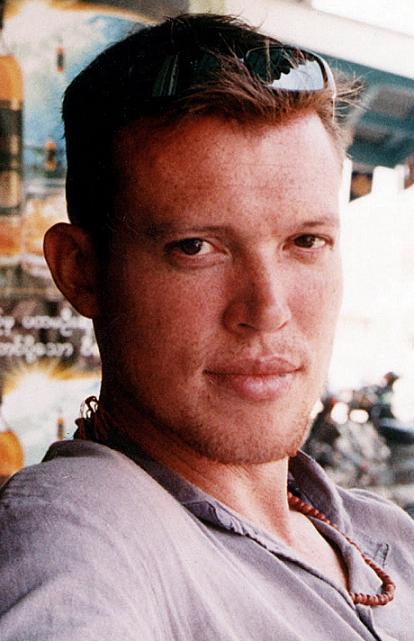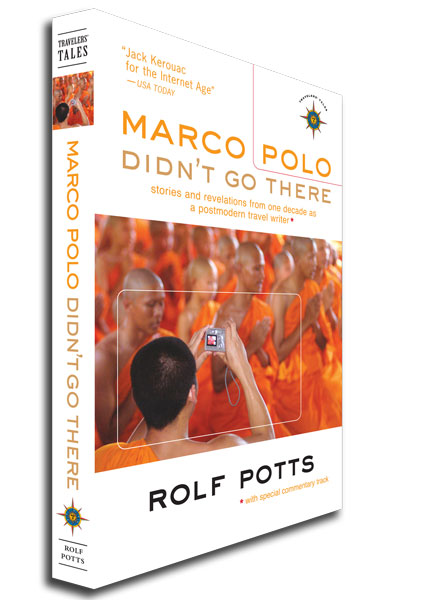Ten years ago Rolf Potts stormed onto the travel writing scene as a wandering columnist for Salon.com.
Since then, he’s been published in the travel world’s most respected publications, racked up awards and appearances in the annual Best American Travel Writing anthologies, and produced a book – Vagabonding: An Uncommon Guide to The Art of Long-Term World Travel – that has inspired countless readers to make more time for travel.


